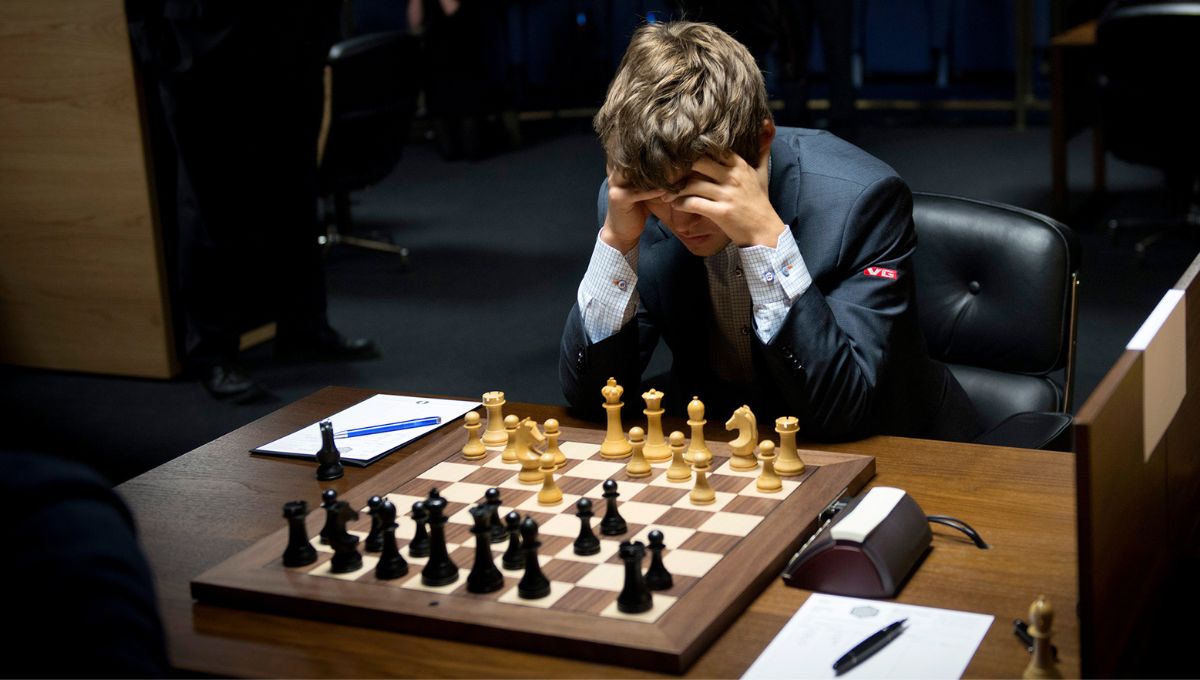In recent years, chess has experienced a surge in popularity. The competitive side of the game has flourished, with professional players, prestigious tournaments, and booming online competitions drawing in new fans worldwide.
But as the visibility of chess grows, a natural question arises: Is chess a major sport?
Is Chess Considered a Major Sport?
While chess is universally respected and played competitively across the globe, it is not classified as a major sport when compared to giants like soccer, basketball, or American football.
Chess boasts a dedicated player base and a rich competitive scene, but it lacks the massive mainstream exposure, enormous fan base, and financial investment that major sports enjoy.
How Popular Is Chess?
Chess is played and recognized in virtually every country. A striking example of its global reach was seen at the 44th International Chess Federation (FIDE) Olympiad in Chennai, India, where a record 185 nations participated.
Still, while almost everyone knows what chess is, the game remains a niche interest. It does not match the widespread participation or casual fan following seen in sports like soccer or basketball.
Why Isn’t Chess a Major Sport?
Despite its global footprint, chess has a relatively small player base and audience compared to mainstream sports.
Even financially, the difference is stark:
- The average salary of a soccer player in Europe’s top leagues exceeds that of the reigning World Chess Champion.
- The highest title in chess, Grandmaster (GM), does not guarantee a sustainable income—most GMs need to supplement their earnings through coaching, writing, or streaming.
For a deeper look, here’s a video exploring the financial reality of professional chess:
Why Isn’t Chess in the Olympics?
Chess is not part of the Olympics, mainly because it doesn’t meet all the Olympic Charter requirements for inclusion:
- A sport must be widely practiced by men in 75 countries on 4 continents and by women in 40 countries on 3 continents.
While chess is played in over 185 countries, it isn’t “widely practiced” in most of them in the sense of large participation numbers.
Moreover, neither FIDE (the world chess federation) nor the IOC (International Olympic Committee) has seriously pushed for its inclusion. The Olympics have historically focused on physical sports, and chess, being a mind sport, hasn’t made it onto the list.
Can You Make a Career in Chess?
Yes, but it’s tough.
Professional chess players earn through:
- Tournament winnings
- Sponsorships
- Coaching and teaching
However, only a handful of players make a comfortable living purely from playing chess. The competition is fierce, and compared to athletes in other major sports, chess professionals typically earn much less.
Other career paths in the chess world include coaching, commentating, event organizing, and streaming, but opportunities are limited.
For insight, here’s a video featuring Vidit Gujrathi, India’s #6 chess player, discussing career prospects in chess:
What’s the Future of Chess?
Despite its challenges, the future of chess looks bright.
During the pandemic, chess viewership exploded online. Platforms like Chess.com and content creators such as IM Levy Rozman (GothamChess) drew millions of new fans. Interestingly, Rozman is now reportedly the third-highest earner in the chess world—mostly through content creation rather than tournament play.
Currently, most sponsorships for chess events come from Eastern Europe, but growing interest in the United States, China, and India suggests that more global financial backing is on the horizon.
As popularity rises, so will financial opportunities for professional players—making chess a more viable career for future generations.
Before you go…
For those interested in purchasing a chess set, be sure to check out our next article on the best chess sets under $100.
